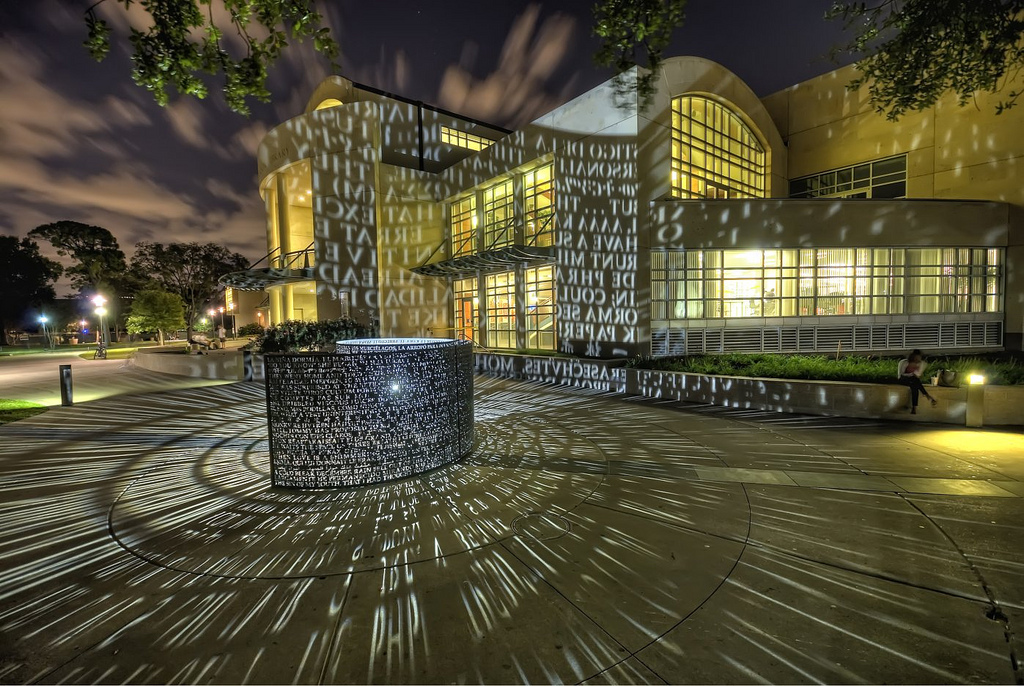
University of Houston
Photo: Daniel Horande (CC BY-NC-ND 2.0)
Influence of academic research set to grow
The “most relevant and robust research” about the cultural sector is being made more accessible to arts practitioners through a King’s College London initiative.
Research into key issues facing the cultural sector will be more accessible to arts professionals following the launch of a website drawing the key points from academic-standard research into digestible 300-word summaries. An initiative of the Cultural Institute at King’s College London, ‘CultureCase’ aims to further embed academic research into the cultural sector by providing a practical tool to support arts organisations in decision-making, and resources to help them build a case for investment. The site will include “a selection of the most relevant and robust research”, including synopses of leading papers on the impact of arts and culture, on areas ranging from education to health and wellbeing and the economy. It will also feature papers explaining ‘what works’ in arts and culture settings, to help inform programming, marketing and investment decisions.
Summaries of 80 articles from peer-reviewed academic journals have already been published on the site, covering subjects from calculating the economic value of a museum, to the role of performance in improving the social skills of at-risk young people. This evidence base will be updated regularly and the Cultural Institute at King’s is actively inviting feedback from the sector to develop the tool further. Deborah Bull, Director of Cultural Partnerships at King’s College London, said: “There is a growing body of academic research into arts and culture but all too often it is written and disseminated in ways that make it hard to access by the artists and organisations that could benefit from it most. The Cultural Institute aims to bridge the divide between academic research and cultural policy, production and practice… By making key research findings freely available to the sector, we hope to facilitate new and imaginative conversations and collaborations between the twin cultures of academia and the arts.”
Join the Discussion
You must be logged in to post a comment.